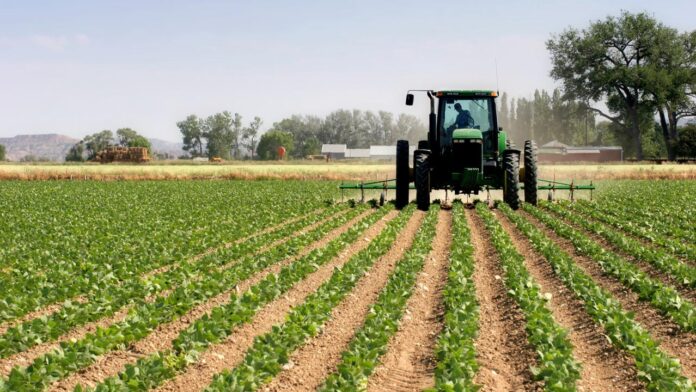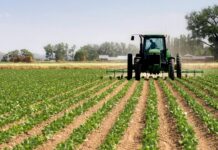
Non Governmental Organisation ActionAid Ghana and partners are entreating government to as a matter of urgency prioritize an effective sustainable agricultural system by improving Planting for Food and Jobs (PFJ) phase II to incentivize local indigenous seed production through increased investment in agroecology in Ghana.
The recommendation forms part of a 6 point roadmap arrived at after deliberations with key partners and indigenous farmers in Ghana’s Bono region, also recognized as the food basket of the country. The seminar themed “Achieving Food Sovereignty: The Role of Indigenous Seed Development in Ghana,” collaborated with the Centre for Indigenous Knowledge and Organisational Development (CIKOD) and the University of Energy and Natural Resources (UENR).
At the seminar, it was observed that there has been rapid extinction of critical indigenous seeds such as late sorghum, rice, corn, beans, Bambara beans, and okro in the country because of farmers’ reliance on commercial seeds, which leads to a cycle of dependency that can be economically challenging and ecologically demanding.
Also alarming was the fact that some of our indigenous seeds and food varieties are becoming endangered across the country due to the changing preference for food taste with the influx of hybrid seeds and food and the lack of government policies and programs that guide and provide the framework to safeguard, multiply, and protect key indigenous seeds from extinction.
Again, the promotion of genetically modified organisms (GMOs) and other patented
technologies creates legal and economic barriers for smallholder farmers, limiting their rights to save and exchange seeds. The ramifications of the approval for the recent commercialization of 14 genetically modified organism (GMO) products, comprising eight (8) maize and six (6) soya bean,” by the National Biosafety Authority in Ghana cannot be ignored and will further exacerbate the extinction of key indigenous seeds.
In light of these worrying observations it has become imperative for the government to consider among others a raft of measures to not only promote agro-ecology but safeguard local seeds which are nearing extinction. The partners thus recommend among others that;
- Government, through the Ministry for Food and Agriculture, takes steps to urgently promulgate the formulation of government policies and programs that target all food crops, including neglected local and indigenous crop varieties known to be more adaptable to local conditions and have high nutritional value.
The Government of Ghana, through the Ministry of Agriculture, should take steps to organize training programs for smallholder farmers, especially women farmers, to identify, multiply, preserve, and salvage local seeds and other plant varieties or cultivars that are going extinct to promote sustainable agricultural practices and achieve food and seed sovereignty.
- The need for an effective sustainable agricultural system by improving Planting for Food and Jobs phase II to incentivize local indigenous seed production through increased investment in agroecology in Ghana.
- Civil society organizations (CSOs) and other likeminded organizations to intensify their advocacy for the rejection of the 14 genetically modified organisms (GMOs) products that were recently approved by the National Biosafety Authority (NBA) and any other approvals to safeguard indigenous seeds in Ghana.
- Smallholder women farmers play a crucial role in maintaining and improving indigenous seeds in Ghana; hence, government policies and programs should be geared towards providing the requisite technical and financial support to play a key role in the identification, protection, and preservation of indigenous seeds.
- Concerned efforts need to be encouraged to sensitize citizens to use and patronize local seeds and food to safeguard our heritage and culture and achieve food sovereignty.
starrfm.com.gh/Ghana/Joshua Kodjo Mensah




